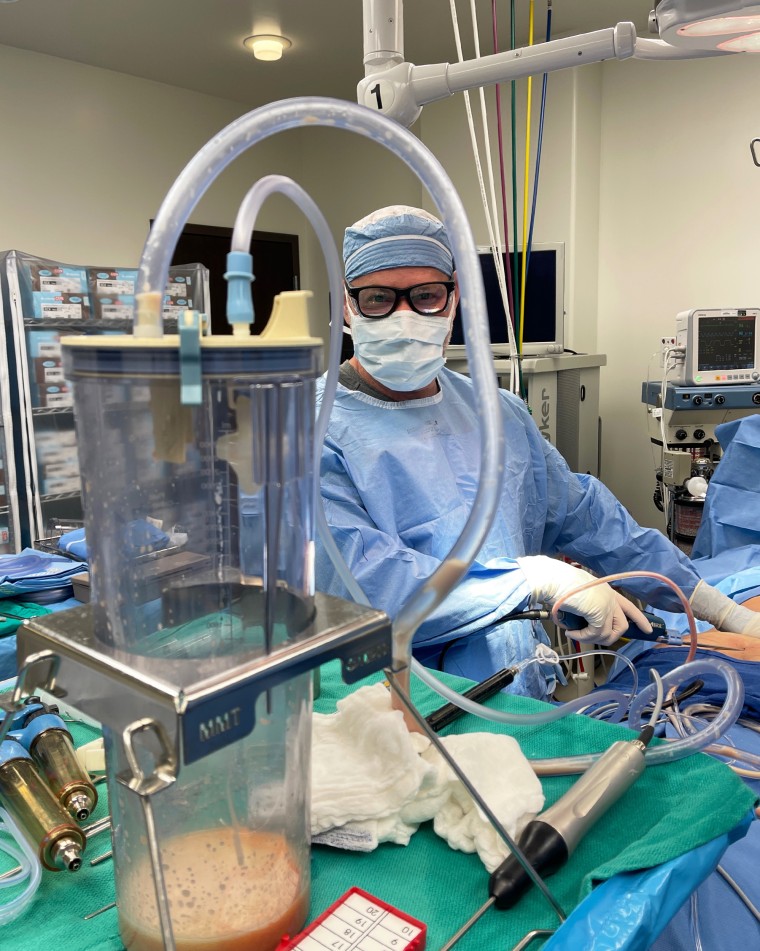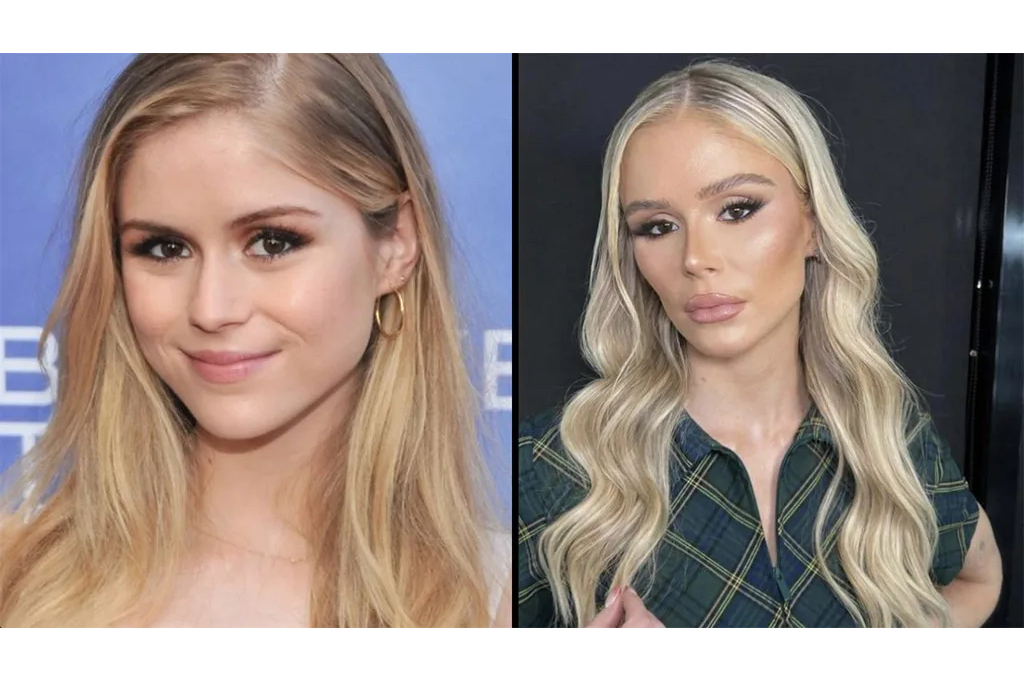Premier Plastic Surgery Seattle: Attain Your Visual Objectives
Premier Plastic Surgery Seattle: Attain Your Visual Objectives
Blog Article
A Deep Dive Into the Usual Reason for Looking For Plastic Surgery: Unloading the Wish for Change and Self-Improvement

Social Pressures and Appeal Standards
Often, social pressures and prevailing beauty criteria play a considerable role in people' decisions to seek cosmetic surgical treatment (liposuction bellevue). In contemporary culture, graph greatly affects personal understandings of good looks, frequently perpetuated by media, star recommendations, and social systems. These networks often promote idealized versions of beauty, leading individuals to internalize these standards and review their self-regard versus them

Furthermore, these stress are not limited to specific demographics; they impact people across different ages, genders, and backgrounds, highlighting the prevalent nature of elegance criteria. This prevalent influence increases essential concerns regarding the values of plastic surgery and the ramifications of social criteria on private options. Inevitably, recognizing these pressures is essential for fostering a much more inclusive definition of charm that commemorates diversity.
Individual Experiences and Transformative Stories
Lots of people that go through cosmetic surgery report transformative experiences that extend beyond simple physical changes. For many, these treatments work as a stimulant for improved self-esteem and a restored sense of identity. People regularly explain sensation freed from enduring insecurities, bring about raised confidence in both professional and personal worlds.
Take, for example, the story of a girl who went through boob job after years of sensation self-conscious regarding her look. Post-surgery, she reported not only a newfound convenience in her body yet also a substantial improvement in her social life and occupation possibilities. Likewise, a middle-aged male who chose to go through a facelift shared exactly how the treatment revitalized his expectation on life, prompting him to seek new rate of interests and relationships.

Mental Variables Behind Cosmetic Surgical Treatment
Countless psychological aspects add to the choice to undergo plastic surgery, mirroring much deeper psychological and emotional health and wellness factors to consider. People frequently go after medical improvements as a way to deal with feelings of inadequacy, reduced self-worth, or dissatisfaction with their appearance. These mental inspirations can be rooted in helpful site previous experiences, social comparisons, or personal desires.
Body image distortion is a widespread problem, where people regard their physical qualities in an exaggeratedly adverse light. This distortion can lead to compulsive thoughts concerning perceived problems, motivating the desire for surgical alteration as an option. In addition, the quest of excellence and societal pressures can magnify these sensations, pushing individuals towards cosmetic procedures in hopes of accomplishing an idealized version of themselves.
In addition, the concept of self-improvement plays a critical role. Lots of individuals see cosmetic surgery as a path to enhance their quality of life, believing that boosted appearance will lead to boosted social acceptance, far better connections, or enhanced occupation possibilities. Ultimately, the mental variables behind cosmetic surgery emphasize the complicated interplay in between individual self-perception and outside influences, revealing the multifaceted nature of the desire for adjustment.
The Function of Media in Perception
In today's society, media plays a pivotal duty in forming understandings of charm and self-worth. Via numerous platforms-- social media sites, tv, and marketing-- idyllic criteria of elegance are commonly disseminated, affecting individual desires and self-image. These representations often emphasize narrow definitions of appearance, primarily including youthful, slim, and digitally boosted images, which can produce impractical benchmarks for people making every effort to adapt.
The influence of media is further aggravated by the pervasive nature of social media sites, where users are pounded with curated content that highlights aesthetic enhancements, backing a society of comparison. This constant direct exposure can result in sensations of insufficiency among viewers, triggering them to take into consideration cosmetic surgical treatment as Get More Information a method of attaining the perceived suitable. Study indicates that people that engage with these media representations are most likely to express dissatisfaction with their look, enhancing the need for medical treatments.
Moreover, the normalization of cosmetic surgical treatment in media stories can desensitize audiences, framing such procedures as commonplace and also necessary for social approval. Thus, the media's representation of beauty not just influences individual choices relating to cosmetic surgical procedure but likewise contributes to a more comprehensive societal dialogue regarding self-regard and identity.
Future patterns and moral considerations
Amid the growing appeal of cosmetic surgery, ethical considerations bordering the technique have actually come to be significantly noticeable. As the need for treatments increases, so too do concerns concerning informed authorization, the emotional motivations of clients, and the potential for exploitation by doctors. It is crucial for practitioners to make certain that people completely comprehend the advantages and dangers, as well as the implications of their selections, to promote a responsible approach to aesthetic enhancements.
Additionally, the influence of social media and elegance criteria questions regarding the effect on psychological health and wellness, specifically amongst prone populaces. As understanding of body picture problems expands, ethical practice requires a careful evaluation of the inspirations behind medical treatments. Doctors must stabilize person wishes with honest duty, making sure that choices are rooted in real self-improvement instead of societal stress.
Looking to the future, patterns might shift towards non-invasive and highly advanced procedures, stressing client safety and security and complete satisfaction. Additionally, the consolidation of psychological assessments can help deal with underlying problems prior to medical intervention. The plastic surgery area have to adapt to these ethical difficulties while advertising a society of openness and self-acceptance, inevitably prioritizing the wellness of individuals.
Conclusion
In verdict, the pursuit of cosmetic surgical treatment is affected by a confluence of societal pressures, individual experiences, and emotional variables. As ethical factors to consider progress, future fads in cosmetic surgery will likely show ongoing click to investigate social dialogues surrounding self-improvement and specific identification.
Regularly, societal pressures and dominating appeal requirements play a substantial duty in individuals' decisions to go after cosmetic surgical treatment. liposuction bellevue. Ultimately, these transformative stories highlight the diverse reasons individuals look for cosmetic surgery, linking personal growth with the search of aesthetic improvement
Numerous people see cosmetic surgery as a pathway to enhance their high quality of life, thinking that boosted appearance will certainly lead to increased social approval, far better connections, or boosted career chances. Inevitably, the psychological aspects behind cosmetic surgery highlight the intricate interplay between specific self-perception and external influences, disclosing the multifaceted nature of the wish for adjustment.
As moral considerations advance, future patterns in cosmetic surgery will likely reflect ongoing social discussions surrounding self-improvement and individual identification. liposuction bellevue.
Report this page